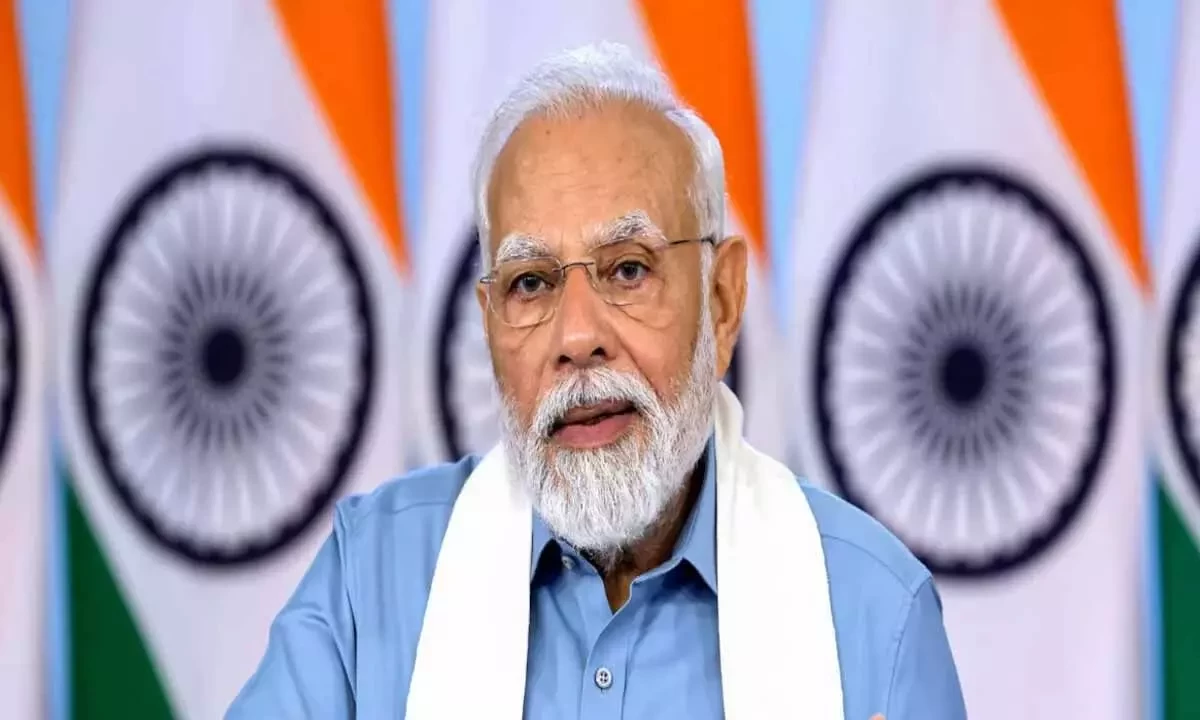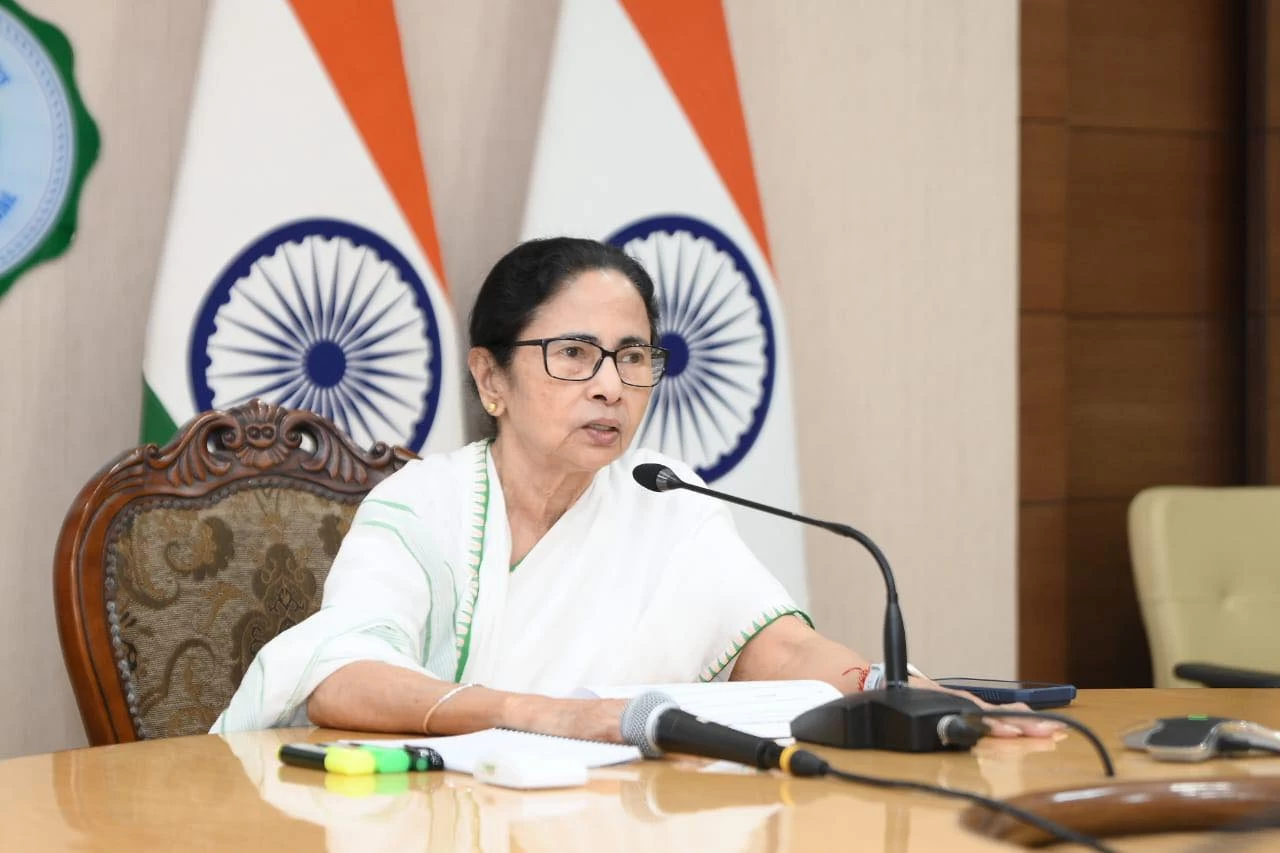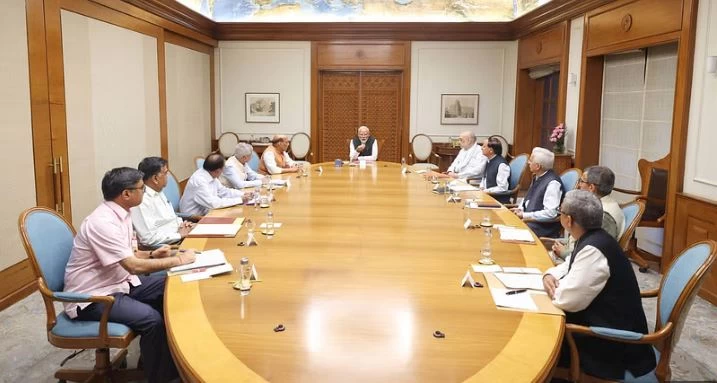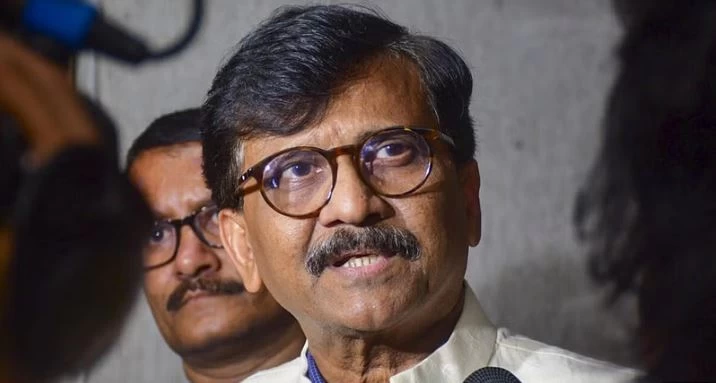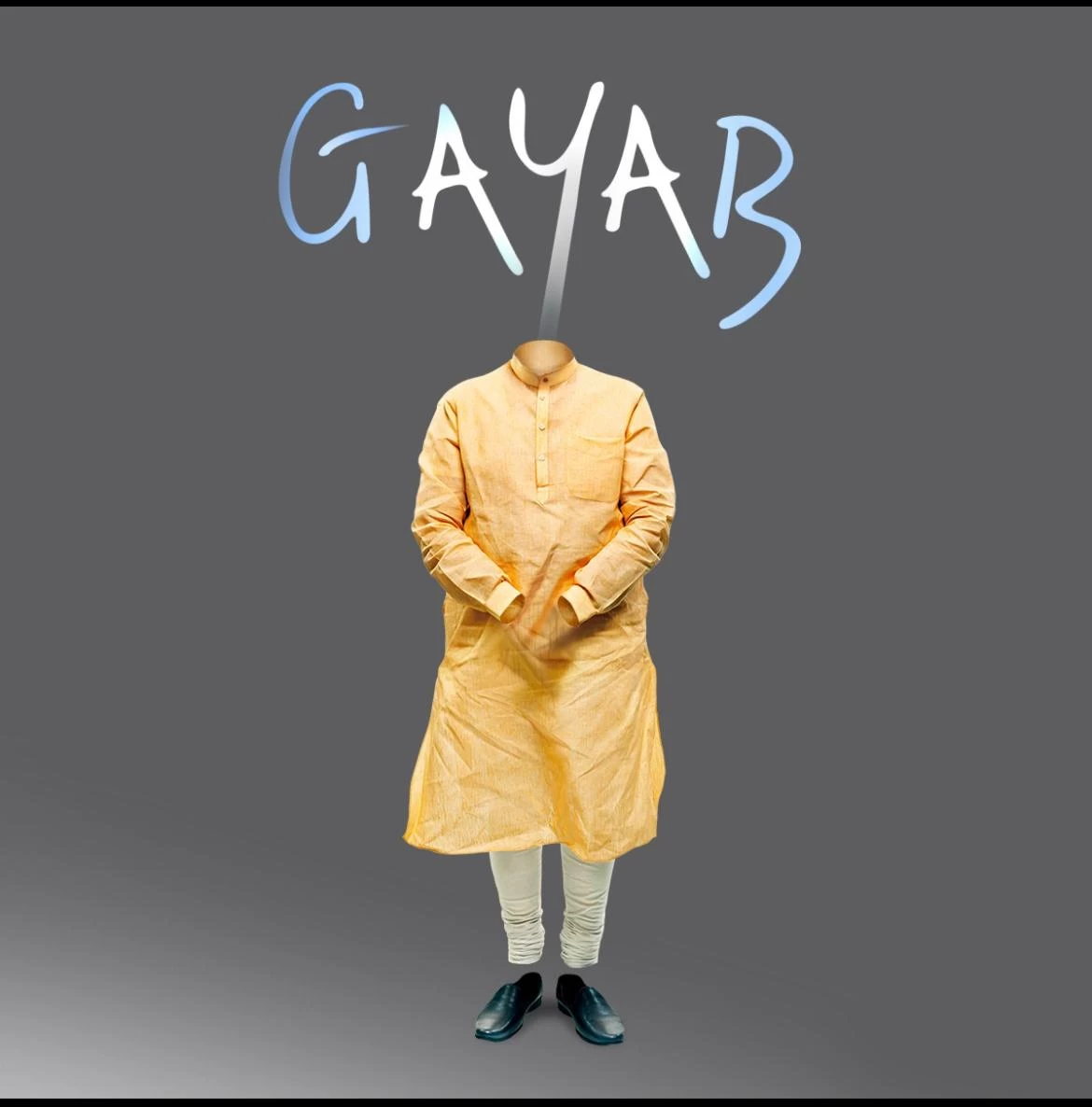Latest Updates
Enforcement Directorate Denies "Malafide Intent" Behind Arvind Kejriwal's Arrest in SC Affidavit
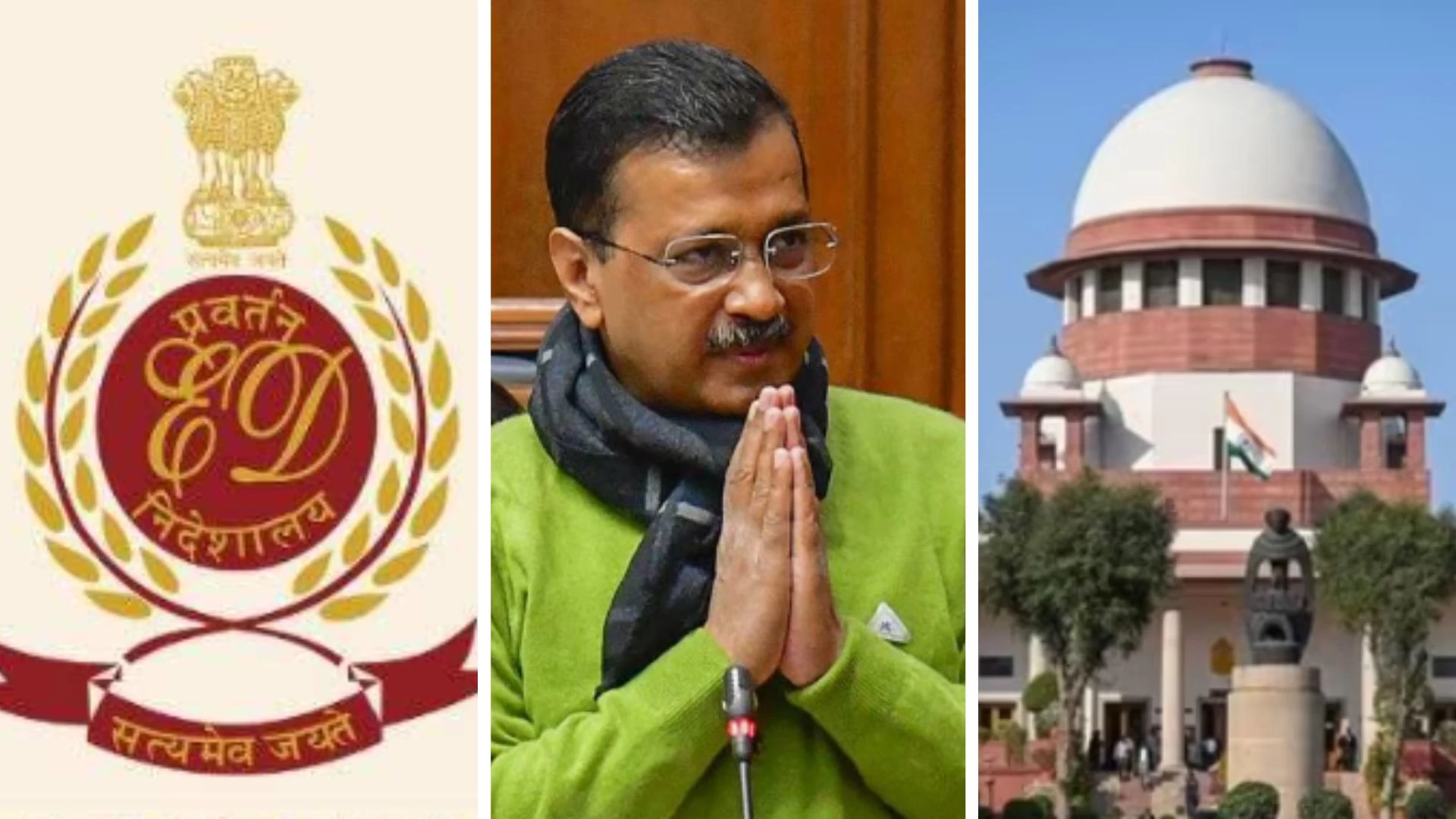
The Enforcement Directorate (ED) informed the Supreme Court on Wednesday that there were no "malafide or extraneous reasons" behind the arrest of Delhi Chief Minister Arvind Kejriwal. Responding to Kejriwal's petition challenging his arrest, the agency cited his "non-cooperative attitude" as a contributing factor. According to the ED, Kejriwal's conduct during the investigation justified his arrest.
In its affidavit submitted to the Supreme Court, the Enforcement Directorate asserted that Kejriwal's behaviour aided the investigating officer in forming the conclusion that Kejriwal was involved. The agency claimed that Kejriwal's petition challenging his arrest lacked merit and that the material in possession of the agency had been reviewed by various courts.
The Enforcement Directorate dismissed Kejriwal's allegations of malafide intent, labelling them as baseless and vague. Referring to Kejriwal's behaviour during interrogation, the agency highlighted his evasive and non-cooperative demeanour, even towards simple, non-incriminating questions. ED defended Kejriwal's arrest, stating that custodial interrogation was necessary for a more productive line of questioning.
Accusing Kejriwal of disregarding the law and displaying a non-cooperative attitude, the Enforcement Directorate emphasized that his behaviour hindered the investigation process. The agency noted that Kejriwal's repeated refusal to comply with summonses led to his arrest. Prior to his arrest, Kejriwal had ignored nine summonses issued by the ED.
In response to the ED's affidavit, the Aam Aadmi Party (AAP) criticized the agency, accusing it of spreading falsehoods at the behest of the Bharatiya Janata Party (BJP). AAP asserted that the ED had become a propaganda tool for the ruling party.
Arvind Kejriwal was arrested on March 21 in connection with a money laundering probe related to the Delhi excise policy case. Despite Kejriwal's appeal, the Delhi High Court upheld his arrest on April 9, citing his repeated defiance of summonses. Kejriwal subsequently approached the Supreme Court, which sought a response from the ED on April 15.




